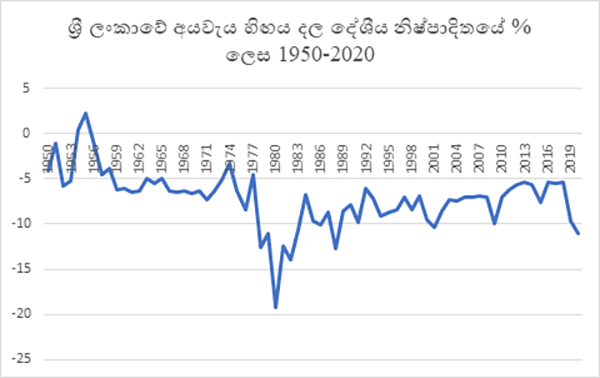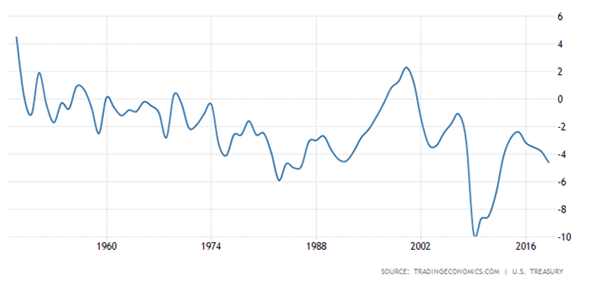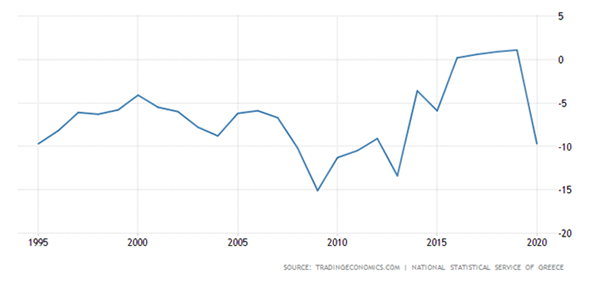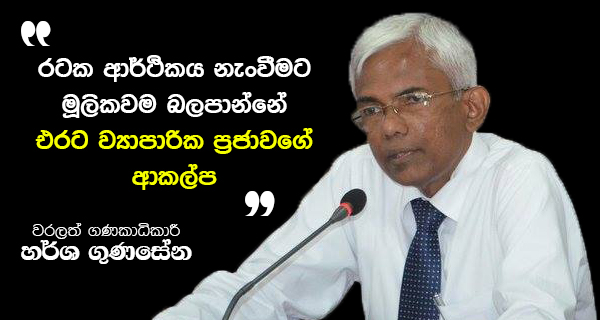By Harsha Gunasena –

Harsha Gunasena
A cease fire was declared between Israel and Hamas brokered by Egypt and both parties claimed victory. US was criticized for delaying its actions. The root cause for the conflict was an attempt by the Jewish settlers to evict long time Arab settlers close to East Jerusalem. This created tension leading to violent clashes between the Israeli Police and the Arabs. Israeli Police raided the al-Aqsa Mosque, Jerusalem’s holiest site for Muslims and closed the Damascus gate, a popular gathering place during Ramadan. Arabs and Jewish extremists attacked each other and this led communal violence in the parts of Israel where Arabs live. Hamas as usual fired rockets from the Gaza Strip to Israel and the Israeli Army retaliated heavily destroying many buildings in Gaza Strip including the building which housed the offices of Al Jazeera and Associated Press. It was an intentional act by the Israeli Army, and they had given just one hour to the owner of the building to evacuate. Hundreds of people have died.
Israel claimed that if the rockets were fired to their country and some have reached Tel Aviv as well, what else they could do. However, it was obvious that the retaliation of Israel was much more powerful than the attack of Hamas. This was the situation right through out.
Samuel P Huntington in his book “The Clash of Civilizations and the Remarking of World Order”, identified seven major civilizations in the world: Western, Islamic, Confucian, Japanese, Hindu, Buddhist and Orthodox civilizations. He suggested that the new world order would be the clashes among these civilizations. However, he did not identify Jewish civilization was a major one.
“What about Jewish civilization? Most scholars of civilization hardly mention it. In terms of numbers of people Judaism clearly is not a major civilization. Toynbee describes it as an arrested civilization which evolved out of the earlier Syriac civilization. It is historically affiliated with both Christianity and Islam, and for several centuries Jews maintained their cultural identity within Western, Orthodox, and Islamic civilizations. With the creation of Israel, Jews have all the objective accoutrements of a civilization: religion, language, customs, literature, institutions, and a territorial and political home. But what about subjective identification? Jews living in other cultures have distributed themselves along a continuum stretching from total identification with Judaism and Israel to nominal Judaism and full identification with the civilization within which they reside, the latter, however, occurring primarily among Jews living in the West.” (page 48)
Therefore, according to Huntington, the clash between Israel and Arabs does not amount to a clash of civilizations. It is a man-made clash and at present it serves the vested political interests of all the stakeholders and the scapegoats are largely the Palestinians and to a very lesser extent the Israelis.
USA
USA has delayed the security council meetings and was blocking a joint statement from the security council. There is a strong lobby in USA which supports the actions of the Jewish state. Moreover, the USA is of the view that their interests in Middle East is safeguarded by Israel and Israel provides a wide opening to USA to interfere with the affairs of Middle East. USA has brokered several peace accords between Israel and Palestine Liberation Organization(PLO), view this conflict throughout the history in the eyes of Israel. That is the reason of dragging this conflict over such a long time causing enormous difficulties to the people living there.
Netanyahu
Prime Minister of Israel Benjamin Netanyahu faces two political issues. One is to lay the ground to deal with the Biden Administration which adopts a policy quite in contrast to that of Trump Administration and the other is to stabilize as the Prime Minister of Israel since he faces a number of issues in the domestic side. Therefore, an armed conflict strengthens his position and this is the tactic adopted by the ethnocentric political leaders throughout the world including Narendra Modi.
Biden is different to Trump who had gone to the extent of shifting the US embassy to Jerusalem. When Biden came to power, he delayed to talk to Israel causing an disappointment to Netanyahu. Biden indicated that he was willing to renegotiate the nuclear deal with Iran with strong resistance of Israel. Biden who had firsthand experience with Netanyahu appeared not comfortable accepting the point of view of him. Therefore, Netanyahu had a task of winning US back and an armed conflict serves that purpose than any other strategy.
Israeli governments over the recent past were not stable. They had to conduct two general elections in 2019, one in 2020 and the last one in March 2021. Netanyahu was not able to form a government and the President of Israel at the beginning of May 2021 asked Yair Lapid of a centrist party Yesh Atid to form a government. Netanyahu is facing an ongoing trial on corruption against him and there is a strong opposition to him within the country. Therefore, an armed conflict helps him to maintain his power.
When Lapid faced 2013 general election heading a newly formed party he secured 19 seats and went into the coalition government of Netanyahu. He moved out of the government prior to the 2015 election where he secured only 11 seats. In April 2019 elections Yesh Atid went to an alliance with Resilience Party to form Blue and White which secured 35 seats. Netanyahu who secured equal 35 seats could not form a government and prevented the chances of Benny Gantz of Blue and White by dissolving the Knesset (Parliament). In September 2019 no one could form a government and the next election was held in March 2020. Blue and White supported Netanyahu to form a government and Gantz accepted the Defense portfolio with the condition that he becomes the Prime Minister during the second half of the tenure of the government. However, Knesset was dissolved in December 2020 and the new election was held in March 2021 with breaking away of Lapid from Blue and White.
Hamas
Initially Fatah leader Yasser Arafat was the undisputed leader of Palestine. Mahmoud Abbas was elected President of the Palestinian National Authority on 9 January 2005 for a four-year term that ended on 9 January 2009. The last elections for the Palestinian Legislative Council were held on 25 January 2006 where Hamas won the majority. Thereafter unity government was formed with the participation of Fatah and Hamas. In June 2007 there was an armed conflict between Fatah and Hamas. Thereafter Hamas took control of the Gaza Strip and Fatah took control of the West Bank and the unity government was collapsed. Palestinian Legislative election which was scheduled on 22 May 2021 was indefinitely postponed by Mahmoud Abbas on 29 April 2021.
Hamas started firing rockets in this background and their action is politically advantageous to them against Fatah.
Solution
Hamas cannot match the Israeli military power, nor it can have a considerable impact by firing rockets at Israel penetrating through the anti-missile defense system of Israel. They claimed that this time they have penetrated more to the territory of Israel. The actions of Israel are not merely defensive as they claim, they are offensive. What Hamas can do is to bring attention of the international community to the problem by sacrificing lives of the Palestinians. It may be a long shot that the international community impose sanctions against apartheid Israel. Palestine has gone a long way to garner international recognition through UN. Or else Hamas should acquire nuclear power to match that of Israel. Israel believes that Iran, which is backing Hamas, is in the process of achieving that status and that is why Israel is against the nuclear treaty with Iran. Military power decides lot of things. The aggression of Israel of forcibly occupying the territories recognized by the UN as the territories Palestinian is due to military power of Israel which is backed by US.
Due to the escalating violence the moderate leaders of both sides were thrown to the edge. Moderate Fatah was replaced by Hamas. Netanyahu is the longest serving PM in Israel. Pallbearers of Yitzhak Rabin, Labor PM who signed the Oslo accords in 1990s and Ariel Sharon Likud PM who orchestrated Israel’s unilateral disengagement from the Gaza Strip are struggling to come to the helm. Yitzhak Rabin paid the supreme price in 1995 for his actions and Ariel Sharon faced lot of resistance from his party. Both were military leaders. The solution may be lying in calling back the moderates.
Sri Lanka
Although Huntington identified the clash between Sri Lankan Sinhala Buddhists and Hindu Tamils was a part of the clash of civilizations, I argued that it was not the case. It is proved further now since Sinhala Buddhists, rather their government, found a new scapegoat, Muslims with whom the Sinhalese had a very cordial relationship close upon a millennia. Lorna Dewaraja in her book The Muslims of Sri Lanka- one thousand years of ethnic harmony 900-1915, had this to say. “The Muslims served as officials in the administration of the state as well as of the Buddhist monasteries. It is noteworthy that the Muslims were functionaries in the Temple of the Tooth and participated in the ritual of the Asala Maha Perahera.” (Page 7)
The present Sri Lankan government applies a suppressive attitude towards Muslims. it is merely a punishment to them as predicted by Ali Sabry prior to the last Presidential Election that if the Muslims do not vote for them there will be repercussions.
The intention of the government is political. It is to get the 100% support of the hardline Sinhala Buddhists in the coming elections in the light of diminishing popularity of the government.
On the other hand, the Muslim community have a pathetic political leadership and insensitive religious leadership. Their political leadership dared to cross the sides and support the government to have crucial two third majority in the house to pass the repressive 20th amendment amid the suppression of their community by the government. They and the others crossed the sides previously but certainly not under these circumstances. Their religious leadership is insensitive towards the demands of women in relation to Muslim marriage law and failed to declare publicly that according to the holy Quran it is not required the women to cover their whole body as in the case of Burka and Niqab. They can open the face and hands below wrist as per the holy Quran. Sinhalese believes that the Ideological shift of the Muslim community was visible during the past decades through the dress of the Muslim women. Therefore, it worked against the centuries old friendship of the two communities.
The government decision to ban Burka in public places is really not related to the security and it is a part of that punishment which goes against the basic human rights.
In Sri Lanka, also in Israel and India the political power is with the hardline ethnocentric leaders. They do whatever they could in order to secure their power. Ethnicity is an easy target for them. People should understand this undercurrent to save themselves, the country, and the future generations.
Published in Colombo Telegraph on 22 May 2021
https://www.colombotelegraph.com/index.php/vested-political-interests-which-inflame-ethnic-conflicts/
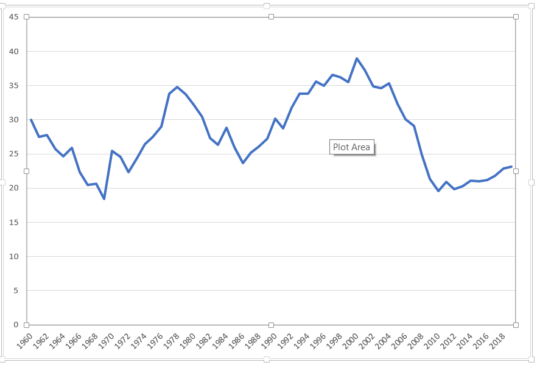
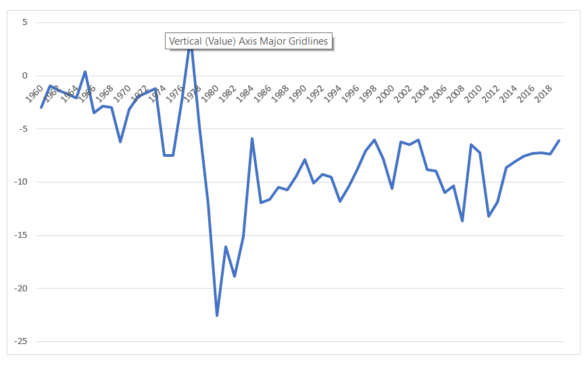
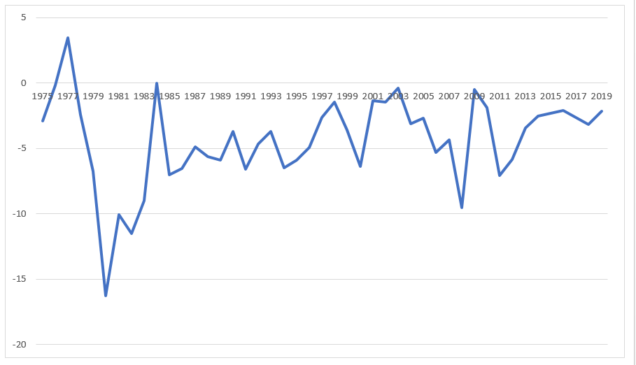
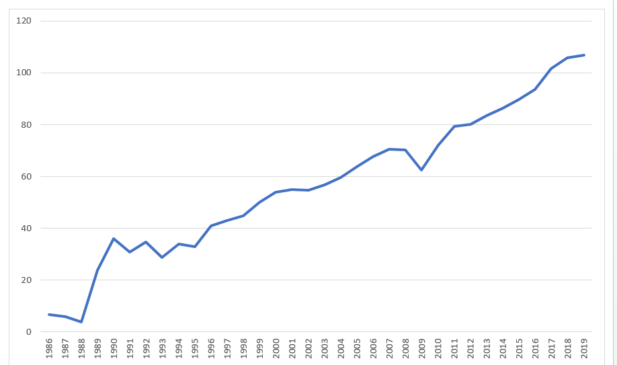
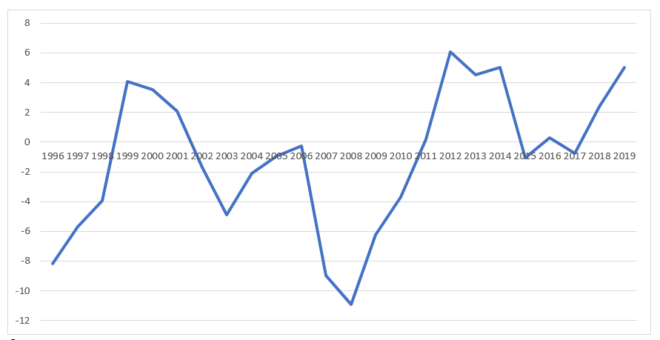
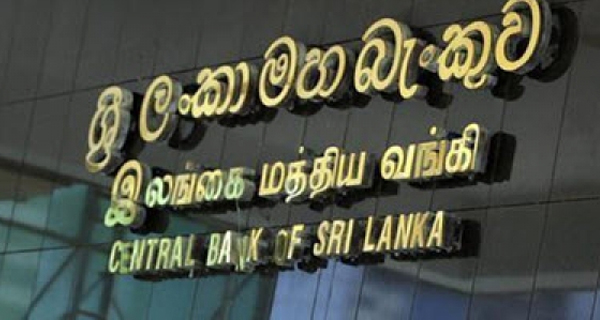
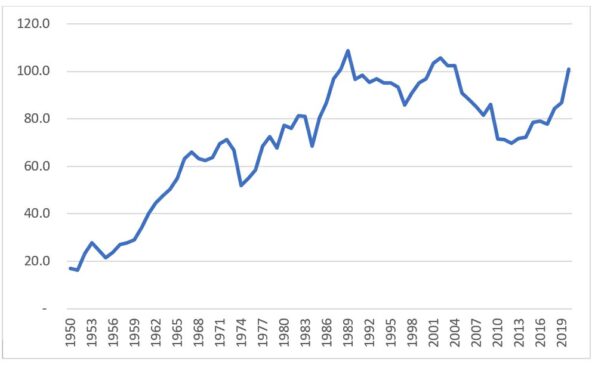
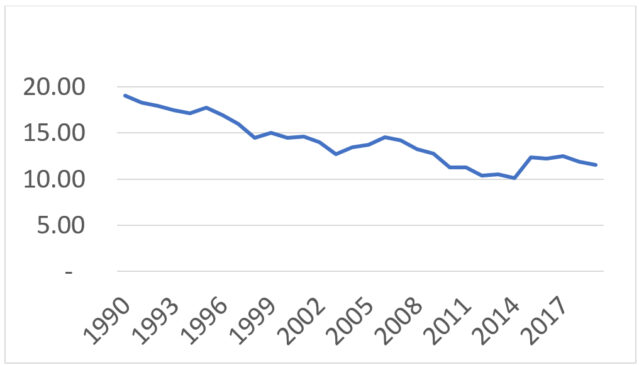
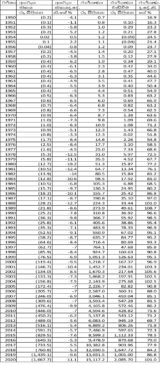
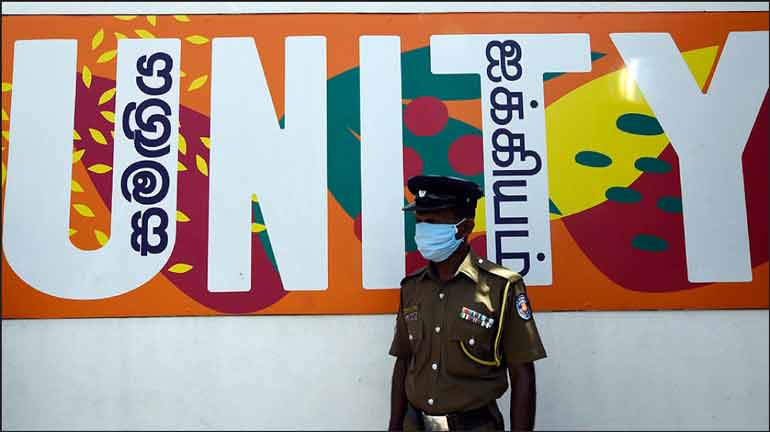
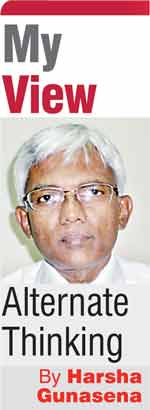 Violence has erupted once again in the territories of Israel and Palestine. This time the root cause was an attempt by the Jewish settlers to evict long-time Arab settlers close to East Jerusalem. This created tension, leading to violent clashes between the Israeli Police and the Arabs.
Violence has erupted once again in the territories of Israel and Palestine. This time the root cause was an attempt by the Jewish settlers to evict long-time Arab settlers close to East Jerusalem. This created tension, leading to violent clashes between the Israeli Police and the Arabs. 
